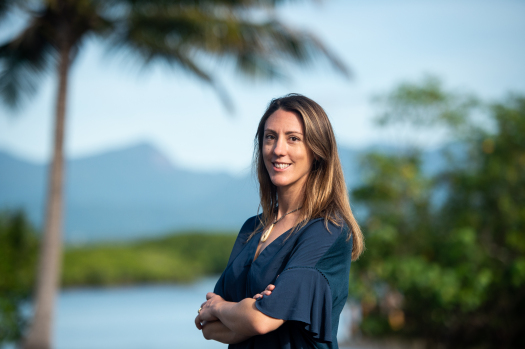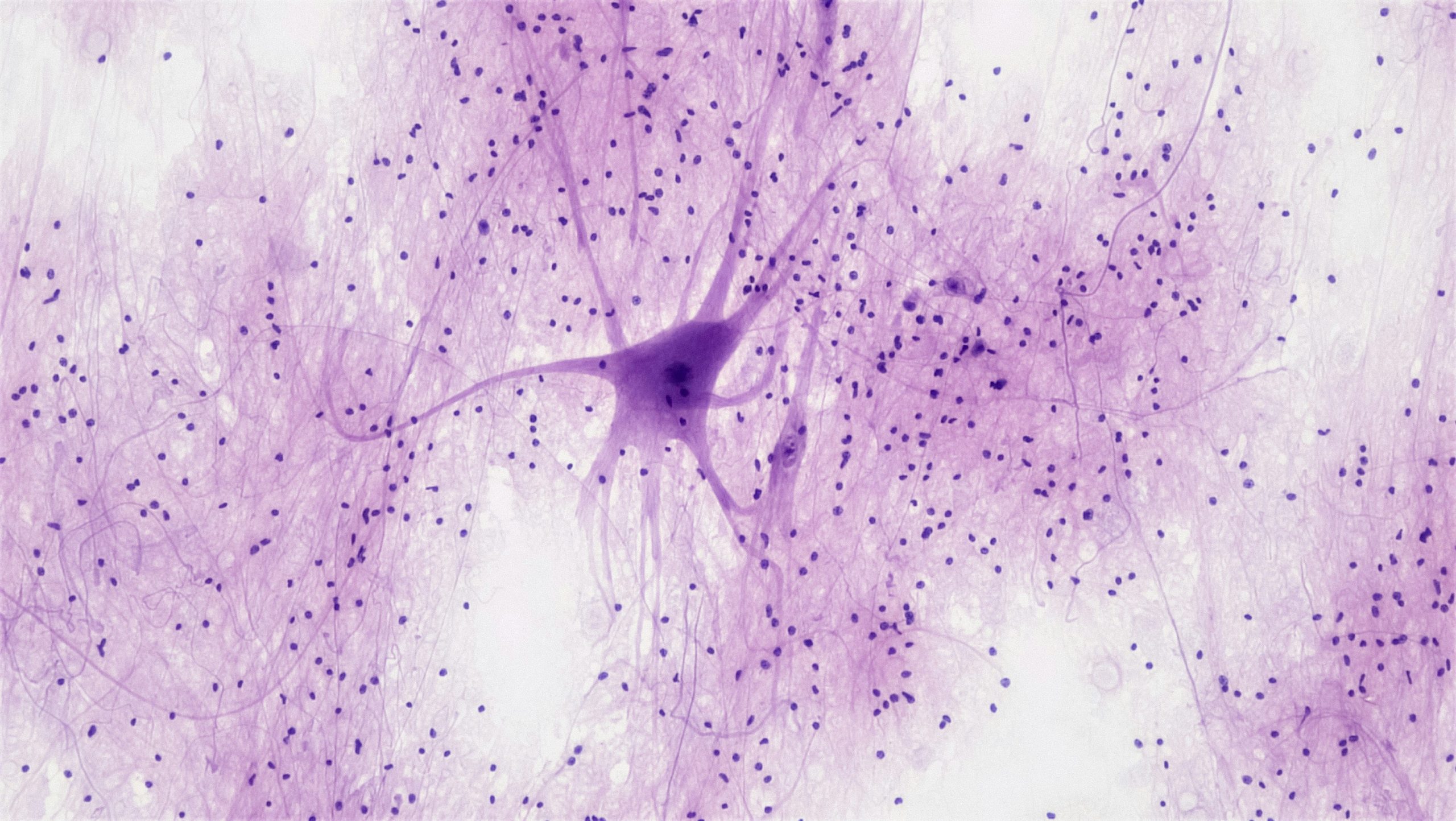June Hyun, Year 10, Harrow School, Middlesex
An estimated 25% of all marine life depends on coral reefs at some point in their lifecycle. Reefs support over 500 million peoples’ livelihoods, pump $3.4 Billion into the US economy and prevent $4.3 Billion in flood damage around the globe. They are also dying quicker than ever before. Climate Change and El Niño type heatwaves bleached more than 60% of the Great Barrier Reef (GBR) in 2016, 2017, and 2020. The world’s most productive ecosystem, both biologically and economically, is falling apart. Dr Emma Camp, a coral biologist and marine biochemist at the University of Technology Sydney leads humanity’s effort to preserve and actively promote coral growth as the world reels from the impact of climate change.
Dr Camp, born in Essex and based in Australia, protects and preserves the reefs in two ways: her research into extreme-condition resilient “super” corals, and the industry collaborative Coral Nurture Program, linking state-of-the-art scientific innovation to the local expertise of reef-reliant businesses. Dr Camp not only serves her duty as a researcher but increases the field’s relevance with coral reef stakeholders, standing out from the background.
During her PhD, Dr Camp discovered super corals in a mangrove lagoon. Conventional corals require stable temperature (23-29 degrees Celsius), constant pH (minimum 7.6) and extremely clear water. If not, stressed corals “bleach”, or expel zooxanthellae, an alga with which corals maintain a crucial symbiotic relationship. The zooxanthellae inhabit the polyp’s tissue, provides glucose, glycerol, and amino acids (products of photosynthesis) and pigmentation. Prolonged or severe bleaching events often starve the population to death. Dr Camp’s super corals populated a mangrove lagoon, where pH regularly falls below 7.6, temperature swings are greater than 7 degrees Celsius, and visibility is low. The conditions are more extreme than predicted for the open sea in 2100. Dr Camp immediately recognised the significance of the discovery, and over her research career, has identified 34 new species of super corals from lagoons around the GBR. The find provides a delay, an alternative; extracting resilient genetic parts of super corals, and applying them to ordinary corals, can potentially buy humanity 100 more years for politicians to implement climate-friendly changes. Dr Camp currently investigates the applicability of the discovery to the GBR by extracting DNA, the extent of coral stress-tolerance, and locates other coral resilience sites for study and preservation. Although super corals cannot stop the effects of global warming, Dr Camp’s unique research opens an unchartered territory in coral biology and inspires other researchers to step in this promising field. Therefore, Dr Camp is an inspiring scientist and brings humanity nearer to the future.
The Coral Nurture Program is a new approach to the GBR in many aspects. Dr Camp co-founded the project with Assoc Professor David Suggett and entrepreneur John Edmondson. The aim is to utilise the pre-existing tourism industry, which accounts for 89% of the economic revenue and 91% of jobs created by the GBR, in a strategic and specific conservation effort. Researchers provide companies with sustainable advice, modified strains of resilient corals, and suitable locations for out planting and care. Companies, with the local expertise of coral geography and constitution, provide tourists with opportunities to plant corals, doing much more than a small research team can. The program also regulates existing high-value habitats by collecting Crown-of-Thorn Starfishes and uprooted corals. The Coral Nurture Program continues to expand further as the coordinators link with many more companies. Dr Camp demonstrates her skills not only as a researcher but also an entrepreneur, thinking outside the box.
Dr Emma Camp is an inspirational scientific figure, and her super coral research and the Coral Nurture Program are helping humanity advance into the future. She discovered a new, promising field of coral biology, and potentially a breakthrough in sustainable coral adaptation to climate change. The Coral Nurture Program delays the great coral extinction by considering not only the scientific but economic consequence of the event. Furthermore, she solves the hardest of challenges; to implement the solution scientists have found. Therefore, as Dr Camp continues to research the promising super corals and widen the scope of the Coral Nurture Program, she is an inspirational and innovative scientific figure.
Runner-up for the Schools Science Writing Competition, Michaelmas Term, 2020
Image credit: emmafcamp.com





